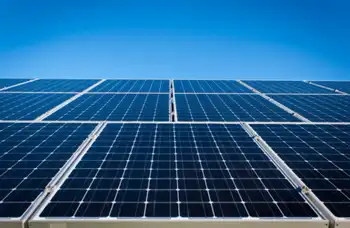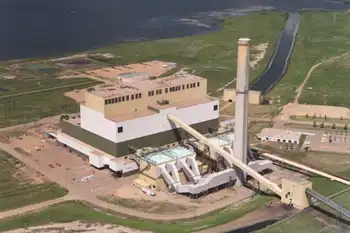BC Hydro To Use German SAP system
VANCOUVER -- - B.C. Hydro says it will use German-based MySAP Utilities information technology platform for its new corporate entity providing services for the Crown-owned utility.
"It is crucial that the organization places itself in a position that allows it to take advantage of a changing environment," said Eric Janes, B.C. Hydro's vice-president of customer services. "We believe that SAP will provide the ideal cornerstone to meet our needs."
The German software company's system is expected to streamline the handling of customer inquiries and billing.
The new services company, announced last year, is expected to employ about 2,000 people and manage B.C. Hydro's customer services, information technology, human resources and financial and procurement services.
But the union representing workers to be transferred to the new company has asked the B.C. Utilities Commission to stop the plan, arguing the government must hold hearings first.
The Office and Professional Employees Union wants to prevent privatization of parts of the company and says the commission has a legal obligation to protect the interests of B.C. consumers.
In 2001, Nova Scotia grocer Sobeys decided to abandon a company-wide software system being developed by SAP after a five-day crash of the system, which was to track the flow of groceries throughout 1,400 stores.
Sobeys took a $49.2-million restructuring charge after two years of work on the project.
Related News

Opinion: Cleaning Up Ontario's Hydro Mess - Ford government needs to scrap the Fair Hydro Plan and review all options
TORONTO - By Mark Winfield
While the troubled Site C and Muskrat Falls hydroelectric dam projects in B.C. and Newfoundland and Labrador have drawn a great deal of national attention over the past few months, Ontario has quietly been having a hydro crisis of its own.
One of the central promises in the 2018 platform of the Ontario Progressive Conservative party was to “clean up the hydro mess.” There certainly is a mess, with the costs of subsidies taken from general provincial revenues to artificially lower hydro rates nearing $7 billion annually. That is a level approaching the province’s total pre-COVID-19 annual…




